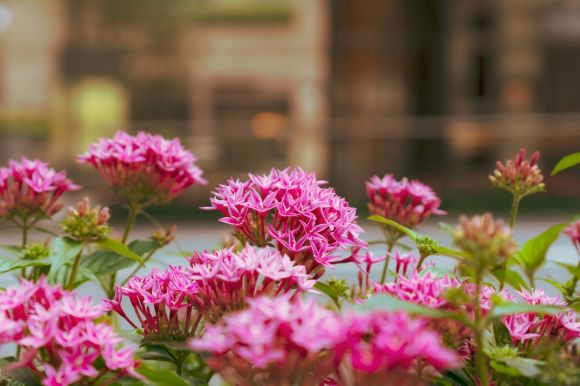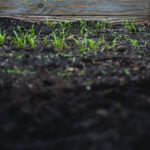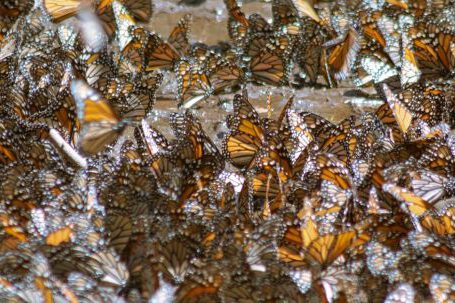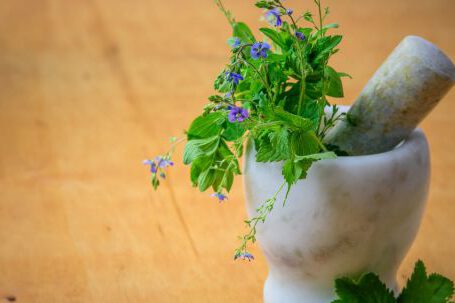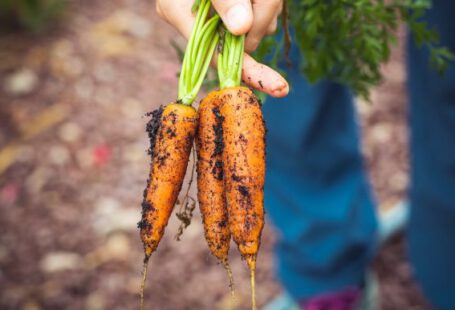Flower beds are a beautiful addition to any garden, providing a burst of color and fragrance. To keep them looking their best, it’s important to choose the right mulch. Mulch not only enhances the aesthetic appeal of flower beds but also helps retain moisture, suppress weeds, and regulate soil temperature. With so many options available, it can be overwhelming to determine the best mulch for your flower beds. In this article, we will explore some of the most popular mulch types and their benefits.
Organic Mulch: Nature’s Gift to Flower Beds
Organic mulch is made from natural materials such as wood chips, bark, straw, or compost. It is a popular choice for flower beds due to its numerous benefits. Firstly, organic mulch gradually decomposes, enriching the soil with nutrients and improving its structure. This encourages healthy root growth and promotes overall plant health. Secondly, organic mulch acts as a natural barrier, preventing weeds from sprouting and competing with your flowers for resources. Lastly, it helps to regulate soil temperature, keeping it cool in summer and warm in winter.
Wood Chips: A Versatile and Attractive Option
Wood chips are a type of organic mulch that offers both functionality and aesthetics. They are available in various sizes and colors, allowing you to choose the perfect match for your flower bed. Wood chips not only retain moisture but also provide insulation, protecting the roots of your flowers from extreme temperatures. Additionally, they break down slowly, reducing the need for frequent replenishment. However, it’s important to note that wood chips can deplete nitrogen from the soil as they decompose, so it’s advisable to supplement with nitrogen-rich fertilizer.
Bark Mulch: Beauty and Benefits Combined
Bark mulch is another popular choice for flower beds, prized for its attractive appearance and functional benefits. Made from the outer layers of trees, bark mulch adds a natural and rustic touch to any garden. It helps to retain moisture by reducing evaporation, minimizing the need for frequent watering. Furthermore, bark mulch acts as an insulator, protecting the delicate roots of your flowers from extreme temperatures. Its ability to suppress weeds is also a major advantage, saving you time and effort in maintaining your flower beds.
Straw Mulch: A Budget-Friendly Option
If you’re on a tight budget, straw mulch may be the perfect choice for your flower beds. Straw is an inexpensive organic mulch that is readily available, making it a cost-effective option for gardeners. It helps retain moisture in the soil, preventing it from drying out too quickly. Straw mulch also acts as a barrier against weeds, minimizing their growth and reducing the need for herbicides. However, straw mulch decomposes relatively quickly, so it may need to be replenished more frequently compared to other mulch types.
Inorganic Mulch: Long-Lasting and Low-Maintenance
Inorganic mulch, such as gravel, stones, or rubber mulch, is a durable and low-maintenance option for flower beds. Unlike organic mulch, inorganic mulch does not decompose, making it a long-lasting solution. It helps to retain moisture in the soil, reduces weed growth, and adds an interesting texture to your flower beds. Inorganic mulch is particularly beneficial in arid climates where water conservation is a priority. However, it does not provide the same soil enrichment benefits as organic mulch, so regular fertilization may be necessary.
Choosing the right mulch for your flower beds can enhance both the beauty and health of your plants. Consider the specific needs of your garden, such as soil type, climate, and budget, when making your decision. Whether you opt for organic mulch like wood chips or bark mulch, or prefer the durability of inorganic mulch, the key is to find a mulch that meets your requirements and complements the overall aesthetic of your flower beds.
